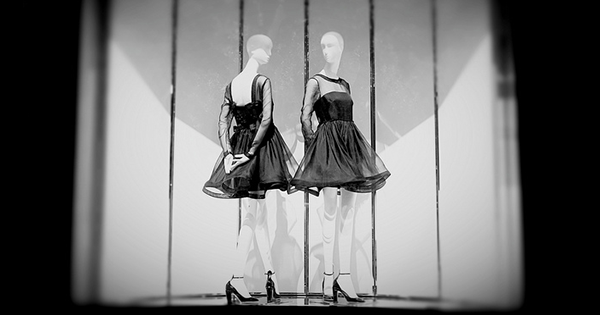
Among the well-wishes I’m still getting in the wake of having come out in September came this Facebook memo: “Diana, you are still the fine caring person I recall no matter your gender.” I’ve also been getting unsolicited advice. “Never, ever, go to bed without removing your makeup,” emailed a female acquaintance I hadn’t seen in years. How shall I respond?
“I want to help you be Diana,” said an old woman at a meditation program, choked up with earnestness and squeezing both my hands. Another matriarch pulled me onto the dance floor to teach me to move “like a woman.” They mean well—right?
These incidents make me think of “microaggression,” a word coined in the 1970s in the context of race—and as we know from the recent campus uprisings, people of color still face all kinds of daily indignities. Though by now, telling someone they are a fine person despite being black is too obviously bigoted to count as a microaggression, while telling me I’m a fine person “no matter your gender” can pass for a compliment. Microaggressions are not as flagrant as hate crimes, job discrimination, or being prevented from using a bathroom. At the same time, they aren’t just insults. They are tools: denigrating slights employed by those among the privileged who feel threatened, in order to maintain dominance.
The most skillfully targeted microagressions are spontaneous and unconscious, which is how the “well meaning” can easily become deputies of privilege—in my case, continually delivering the message that I am to be regarded as a child, less than female, or less than human. My dance instructor was genuinely mortified when I told her that I found her woman lessons sickening (then she explained the “misunderstanding”: she wasn’t showing me how to be more female, rather “more human”). When a lady in my building informed me that my footsteps in the stairwell still sound like a man’s, she also made sure to compliment my boots. “You look like Andy Dick,” offered a cashier, in the middle of an otherwise pleasant exchange.
Microaggressions enable the privileged to be polite as they offload their discomfort. (When the oppressed make their discomfort known, it’s never polite.) For the most part, I don’t respond. There’s nothing truthful I could say that wouldn’t get me branded as either provocative or paranoid—much the way black people get labeled “angry,” or women “shrill.” Who would ever want to hire me? Now that I’ve joined an oppressed minority, I rely on my friend Marvin, a black attorney, for wisdom. He tells me my problem is that I’m unwilling to see things from their point of view. “But they can’t see this,” I say. “Right,” he says.
I think time has a lot to do with privilege: Where in history do we think we are? I have no doubt I’m fully human—so that’s fairly progressive—but Joyce, who kept tripping on my pronouns in a writing workshop, and then asked, “Can I just use ‘it’?” needs some time. She’s struggling with “tolerance,” a word of privilege if ever there was one (i.e., “We have decided to tolerate your nonconformity to us.”). There was a time I would have seized on tolerance, grateful not to be asked to leave. But I’m onto respect: the radical notion that I’m entitled, here and now, to the same respect as Joyce. It’s a belief that’s hard for me to shake, and it’s causing friction—for the times still give her power, regardless of our capacities. That is privilege.

